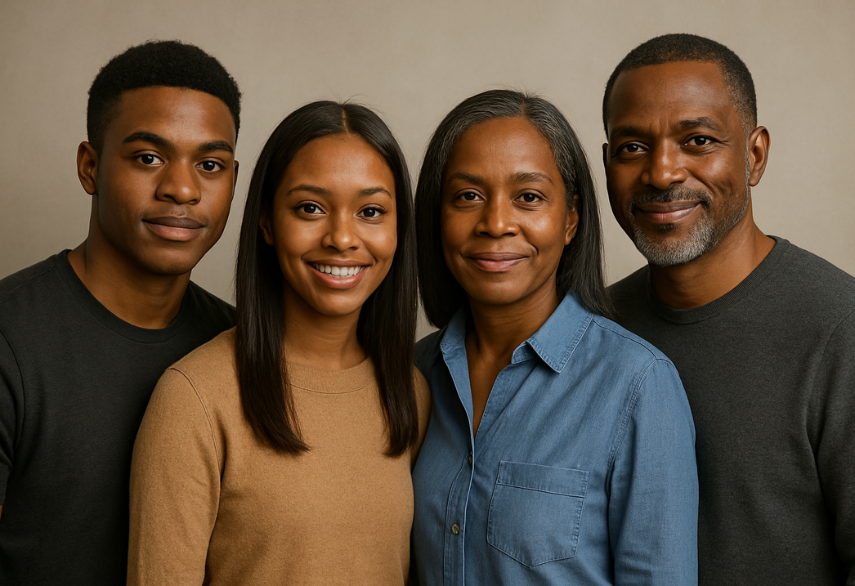Different age groups, according to Sam Altman, the co-founder and CEO of OpenAI—creators of ChatGPT —are using generative artificial intelligence in distinctly different ways.
Older generations, he said, have adopted the chatbot primarily as a search engine, often preferring it over Google.
“Gross oversimplification, but like, older people use ChatGPT as a Google replacement,” Altman said at Sequoia Capital’s AI Ascent event.
The event was held on May 2, and the interview with Altman was published on Monday, May 12.
For individuals in their 20s and 30s, ChatGPT has become more of a personal advisor, guiding them through life’s uncertainties and growing responsibilities.
“Maybe people in their 20s and 30s use it like a life advisor or something,” Altman said. “And then, like, people in college use it as an operating system.”
Also Read: 7 Unexpected Careers AI Could Destroy — Musicians Top the List
Younger users, especially students, often turn to ChatGPT for help in navigating major life decisions—sometimes treating it like a central hub of information, strategy, and insight.
“There’s this other thing where they don’t really make life decisions without asking ChatGPT what they should do,” Altman explained. “It has the full context on every person in their life and what they’ve talked about.”
“They really do use it like an operating system. They have complex ways to set it up to connect it to a bunch of files, and they have fairly complex prompts memorized in their head or stored somewhere they can paste in and out,” he added.
Earlier this year, OpenAI disclosed that U.S. college students were using ChatGPT “more than any other use case, more than any other kind of user.”
As AI gains more acceptance, people across different age groups and walks of life are finding personalized uses for the technology, from simple search tasks to guiding life’s biggest decisions.

Leave a Reply